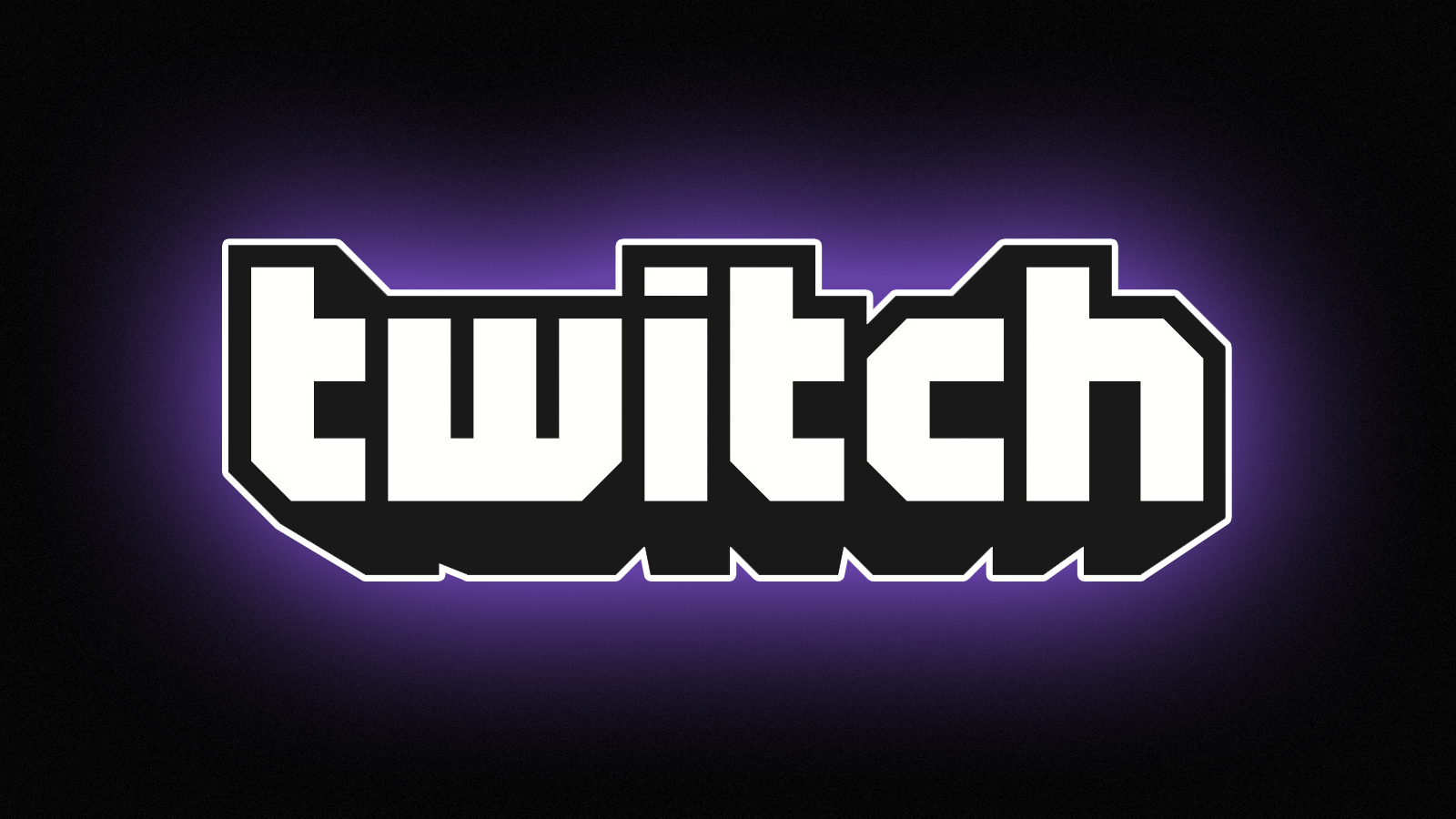Twitch’s New Audio Policy Presses the Mute Button
Livestreaming play sessions has been one of gaming’s biggest trends in recent years. Tackling dungeons and braving team deathmatches all while thousands of internet spectators watch and comment on your play has created much notoriety for streamers and freshly popular games and more and more people look to the internet for their entertainment. Much of this success can be attributed to the rise of Twitch, the former offshoot of Justin.tv that now boasts thousands of channels and has now become one of the industry’s most integral parts.
Indeed, in recent months Twitch has risen as a giant platform for the industry, with several companies hosting their E3 press conferences on the website, as well as other giant events such as the DOTA 2 International Tournaments finding a welcome home through the streaming site. So it should come as no surprise that with its growth comes a lot of money, and with that, in the immortal words of Notorius B.I.G., come more problems.
The Change
On August 6, Twitch announced a change to their audio copyright policy for videos on demand on streaming channels which caused thousands of videos to be flagged for music, whether played by the user or, and more troubling, by in-game audio and music the player has no control over.
Under the policy, a streamers video would have a thirty minute chunk surrounding the offending content muted, after which the audio would return to normal should no other content be otherwise flagged. To do so, Twitch has partnered with Audible Magic, which according to their blog “works closely with the recorded music industry, to scan past and future VODs for music owned or controlled by clients of Audible Magic.”
While the new policy only covers on video on demand, it does not extend to its bread and butter, livestreaming. In an AMA earlier this week, Twitch CEO, Emmet Shear, addressed the situation and first among a list of issues he announced that “We have no intention whatsoever of bringing audio-recognition to live streams on Twitch. This is a VOD-only change for Twitch.”
Seems Familiar
This is reminiscent of the policy that drew so much ire last December from YouTubers who had several of their videos taken down. Scores of videos were arbitrarily flagged at the time, some using YouTube’s new content ID system, which allowed third parties to submit claims, justly or maliciously, would result in entire videos being taken down. Granted the Twitch policy is much tamer than its predecessor, it is nonetheless frustrating for broadcasters to deal with.
[youtube https://www.youtube.com/watch?v=7JqjDhuPFaQ?rel=0]
This policy hit gamers especially hard since many reviewers and let’s plays channels use content from game publishers and other sources to create their videos. For many, the new policy was a troubling blow to many of their livelihoods and some did take to their favorite tool to voice their complaints.
The Big Picture
It may then come as no coincidence that this policy comes hot off the heels of YouTube moving to acquire Twitch. This new content structure may indeed be Twitch getting ready to come into the Google fold and doing some housekeeping beforehand. Twitch and YouTube officials have yet to comment about the acquisition thus far, though all signs point to that being the case.
A Resolution in Sight?
If any streamers feel that they have been unfairly flagged for their content, Twitch asks broadcasters to submit a “counter-notification as compliant with the provisions of the Digital Millennium Copyright Act.” But what does this really mean for channel holders that have rightfully flagged under these new guidelines considering it flags in-game content? As Twitch is a streaming service where on demand videos are essentially recordings of past play sessions, not edited content, what will happen to those numerous streams where say a player goes through a game’s campaign and copyrighted music plays? Much as the early YouTube content ID policy needed to be fine-tuned, so too may Twitch’s for the sake of their users

